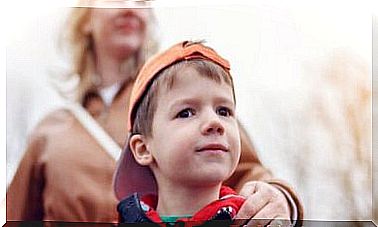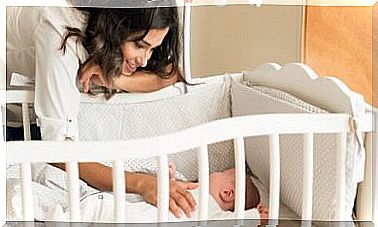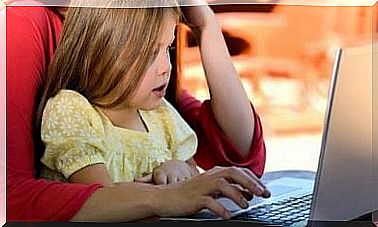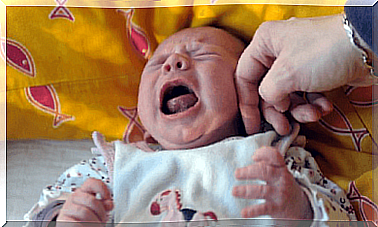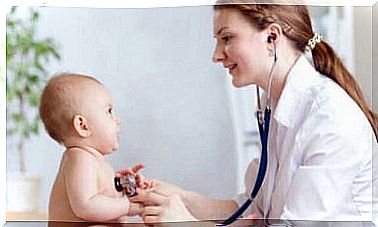Should I Check My Kids’ Social Media?
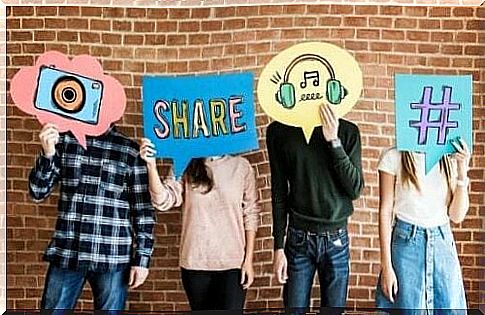
It is normal for parents to want to check their children’s social media and make sure they are using them safely and sensibly.
Social media plays a huge role in our children’s lives and they are especially important for teenagers. However, the fact that their use of social media takes place in the digital realm does not exclude them from the risk of dangers.
Your kids will allow you to share their social media experiences as long as they feel you are not trying to control them.
Like writing letters, notes, diaries and text messages, social media allows people to express themselves. Your kids will see it as a place of privacy. Therefore , communication is a crucial part in determining how your children perceive parental control of social media.
In what ways should you try to check and control your children’s social media?
This will vary depending on the knowledge you have about social media. Likewise, it will depend on whether or not your children allow you to participate in their experiences and related doubts.
If your children feel that you respect their privacy on social media, then they will be more likely to maintain open communication about what they do online. With this type of collaboration you will be able to maintain some control over the following aspects:
Users
In the initial stages of using social media, people tend to talk and share things with their friends and acquaintances. However, this circle tends to grow bigger and bigger, including friends and family, other users with many followers and even complete strangers.
Furthermore, there are some teens who make the mistake of trying to compete to have the largest number of contacts. However, your children need to understand that they should practice the same reservations online as they would in real life.
They would not let a random stranger waving to them on the street come into their lives, so they should not accept any friend requests from complete strangers who want to be a part of their circle on social media.
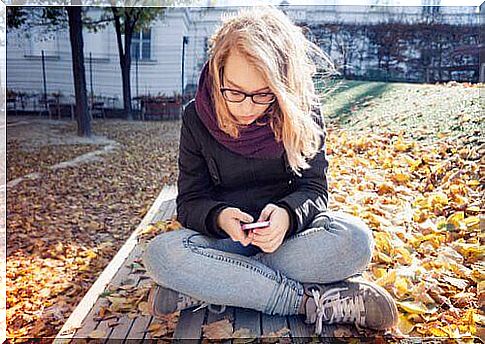
Contents
Personal information, videos, interests and locations are just some of the content that is spread on social media. A simple click on “like” can trigger an explosive reaction that has much greater after-effects than children often expect.
Remind your kids that if one of their followers shares their contact, then that person’s contacts will be able to see it, etc. Therefore , your kids should limit their privacy settings. That way, they can limit the visibility of their content to their own friends and followers.
Attitudes
Teenagers use social media to relax and have fun with their friends. Just as in face-to-face conversations, they may be talking to wonderful people, as well as very toxic individuals. Your kids need to know how to react.
A good solution is if you teach your children to recognize toxic or offensive situations and online harassment. If they experience it, encourage them to tell you and report it if necessary.
Use
You need to remember that social media is a tool your kids use to express themselves. There are aspects you can and should check and check, such as respect and your children’s time spent on social media. However, you also need to make sure that social media remains a simple complement to their real social interactions.
To keep your kids from becoming too addicted to social media, you should encourage them to have other interests. They can, for example, engage in sports, artistic activities or other leisure activities. It can help prevent isolation and laziness.
Risks related to social media
The article From ICT to ICRT confirms that there is a gap between adults and young people in the use of information and communication technologies, such as social media. This is the first risk we need to keep in mind.
In general, the younger generations have better control over the use of technology. Therefore, the problem lies in how we can control something we do not fully understand. We can only make up for our lack of knowledge with clear and accurate information that brings both parties together.
In this time and age, it is easy to find teams and workshops for parents and teens to help them learn to use social media. These courses also raise awareness of the risks involved in social media. It can be, for example, addiction and digital bullying.
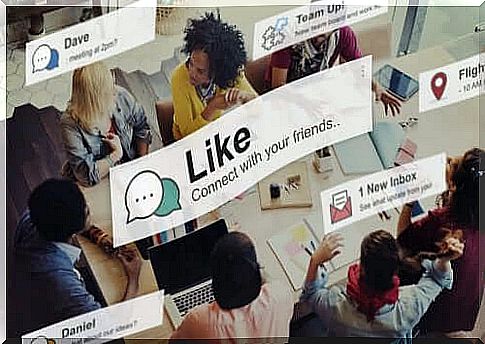
Responsible use of social media
Educating your children in the responsible use of social media, informing them about the risks and talking openly about the online world they move in will help make social media a positive experience without them feeling like you are trying to check or check them.
